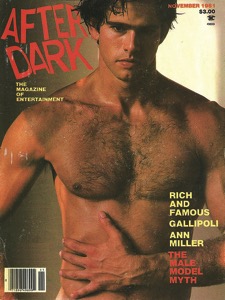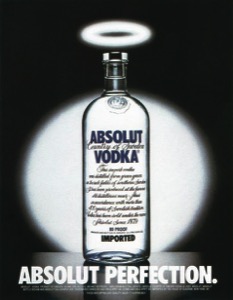
I just returned from Las Vegas after attending the inaugural conference of the National Equality Publishers Association (NEPA). A group of publishers serving the LGBT community across the nation began the process of creating the organization almost a year ago. NEPA is an advocacy group for LGBT print publishers and associated Web sites. Why should you care?
With the marriage equality ruling by the Supreme Court, the world has changed for gay and lesbian people throughout America. The ruling means that LGBT culture will begin to be mainstreamed. The closest example would be what happened to African Americans after the implementation of the Civil Rights Act of 1964. Before then, African Americans rarely saw themselves and their lives reflected in any type of advertising, or on television and radio programs.
After the passing of the Civil Rights Act, companies began to acknowledge that African Americans purchased dish soap, hair products and food, just like white people. Today the concept of avoiding African American consumers seems absurd but that is exactly what is happening with marketing to the LGBT community.
In the last year how many ads from large mainstream brands have you seen yourself? One? Two? Three at the most? I do not mean a rainbow flag or the HRC yellow equal sign. I mean actual people that look and act like you. I mean a gay or lesbian couple drinking coffee in an ad for Folgers. You get the idea.
Over the next five years, marketers for the largest companies in the nation will realize that being a first mover in appealing to the LGBT community through effective advertising will build their brand and revenues. There have been some trailblazers like Absolut Vodka.

When Absolut came to America from Sweden in 1979, the company did not get the memo that said don’t market to LGBT people. Absolut built its brand in progressive nightclubs like Studio 54 in New York and the Trocadero Transfer in San Francisco. Trendsetters attending these clubs during the disco age included many LGBT people who were drinking the high end brand along with their straight counterparts. Subsequently in 1981 Absolut began taking out ads in the LGBT publications The Advocate and After Dark, while unabashedly placing their brand in exclusively LGBT establishments. Sure there were other alcohol brands in LGBT bars but those brands were really about taking our money not about marketing to the community. Think Coors.
Absolut did not have people in its ads but the fact that the brand took out ads at all was so incredibly trailblazing it is almost impossible to describe. After a night of partying at the Trocadero, I sat on the patio of the End Up with an Absolut Cape Cod in hand and vowed to drink Absolut until I died. A vow I have managed to keep. Brand loyalty that is truly deserved. And there are scores of LGBT people of a certain age who agree with me.
Flash forward 34 years and not much has changed. There are a few ad campaigns targeted at our community but nothing compared to the ad dollars spent pursuing the African American and Latino communities. In 2014, Marriott launched the #LoveTravels campaign that featured LGBT people in their true state as individuals and couples. How many of you saw the campaign? Probably not many because the ad support was limited to national publications and Web sites that may not have not reached you. That is about to change.
The National Equality Publishers Association was created to ensure that the LGBT community gets the respect it deserves from the Fortune 500 brands and beyond. You buy Tide, Febreze, iPhones and Ford cars like everyone else. It is time for these brands to actively pursue your business just like they do for other communities.
The LGBT consumer is no longer content to hand over its hard earned dollars to companies that are not willing to acknowledge them as a customer. NEPA will help the Fortune 500 make the transition to marketing and advertising that includes you. That means that the kid in Tuscaloosa, Ala. who is L, G, B, or T will be able to turn on the television, open their tablet or read their favorite print magazine and see LGBT people represented, just like everyone else. That’s impact.
The ad will make an even greater difference with the Tuscaloosa kid’s straight counterparts. Now that LGBT kid will no longer seem different, he will be just like the people the straight kid saw in an ad for their favorite jeans. That’s why you should care that publishers serving the LGBT community have formed the National Equality Publishers Association.











